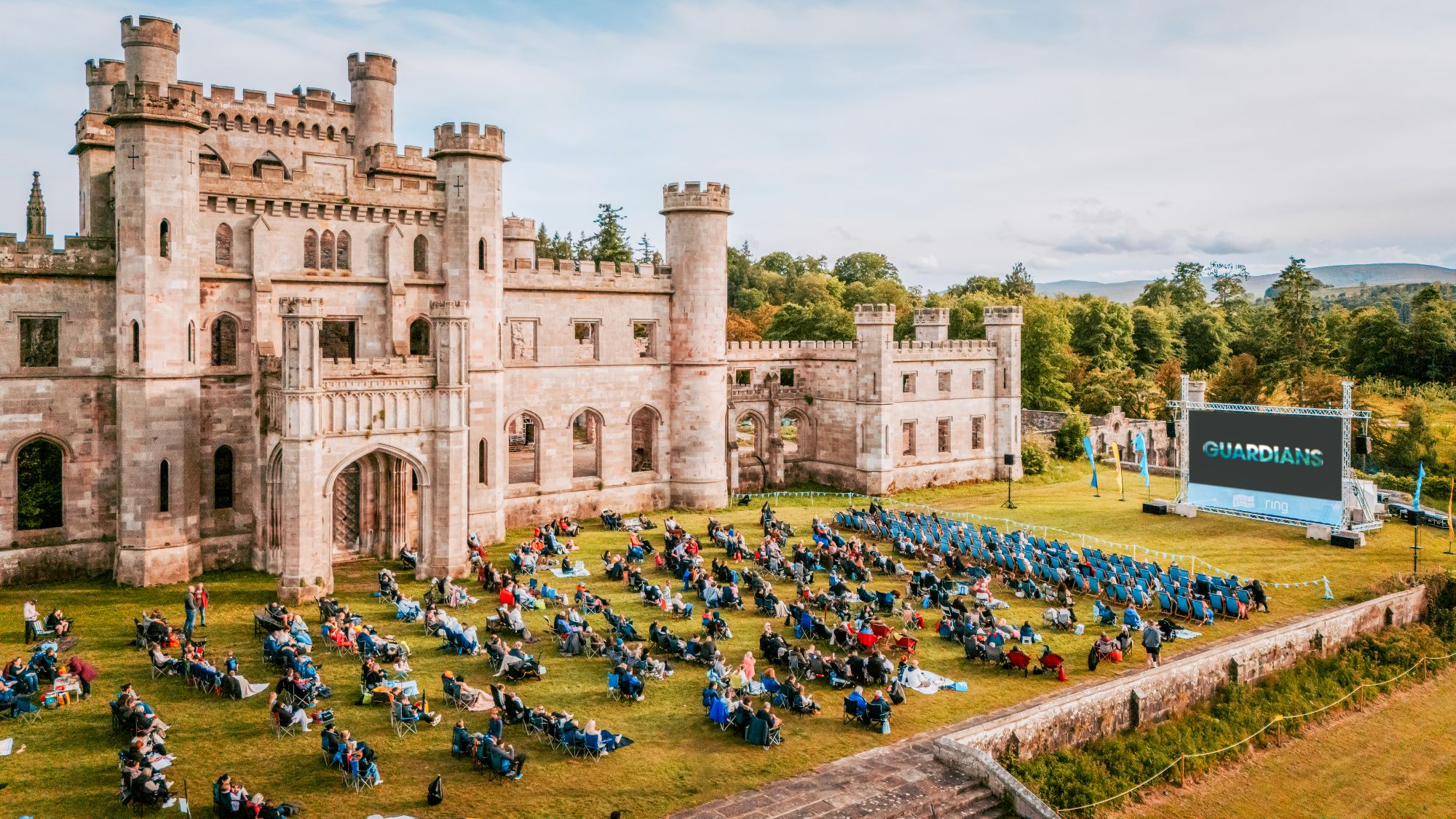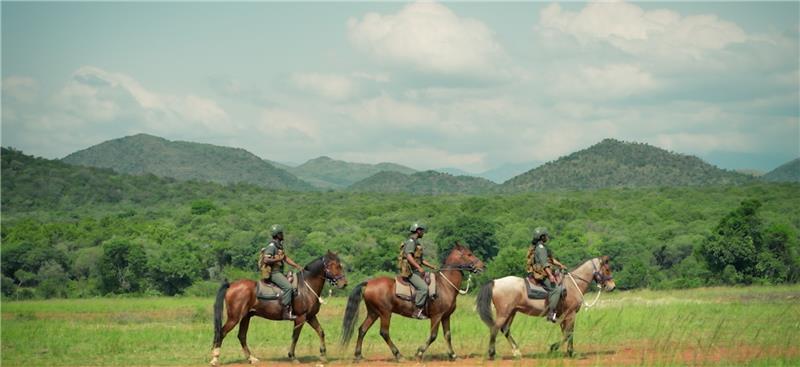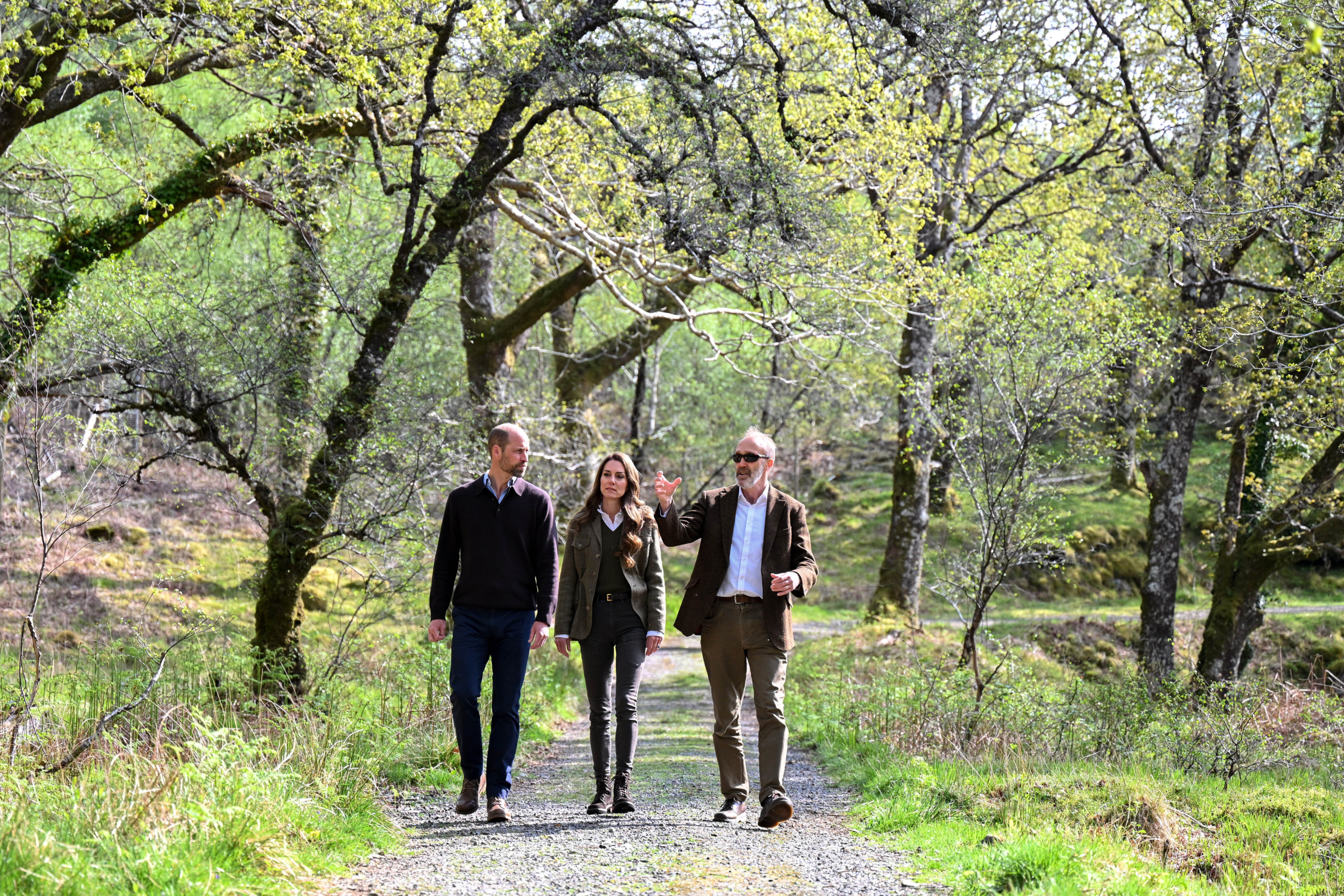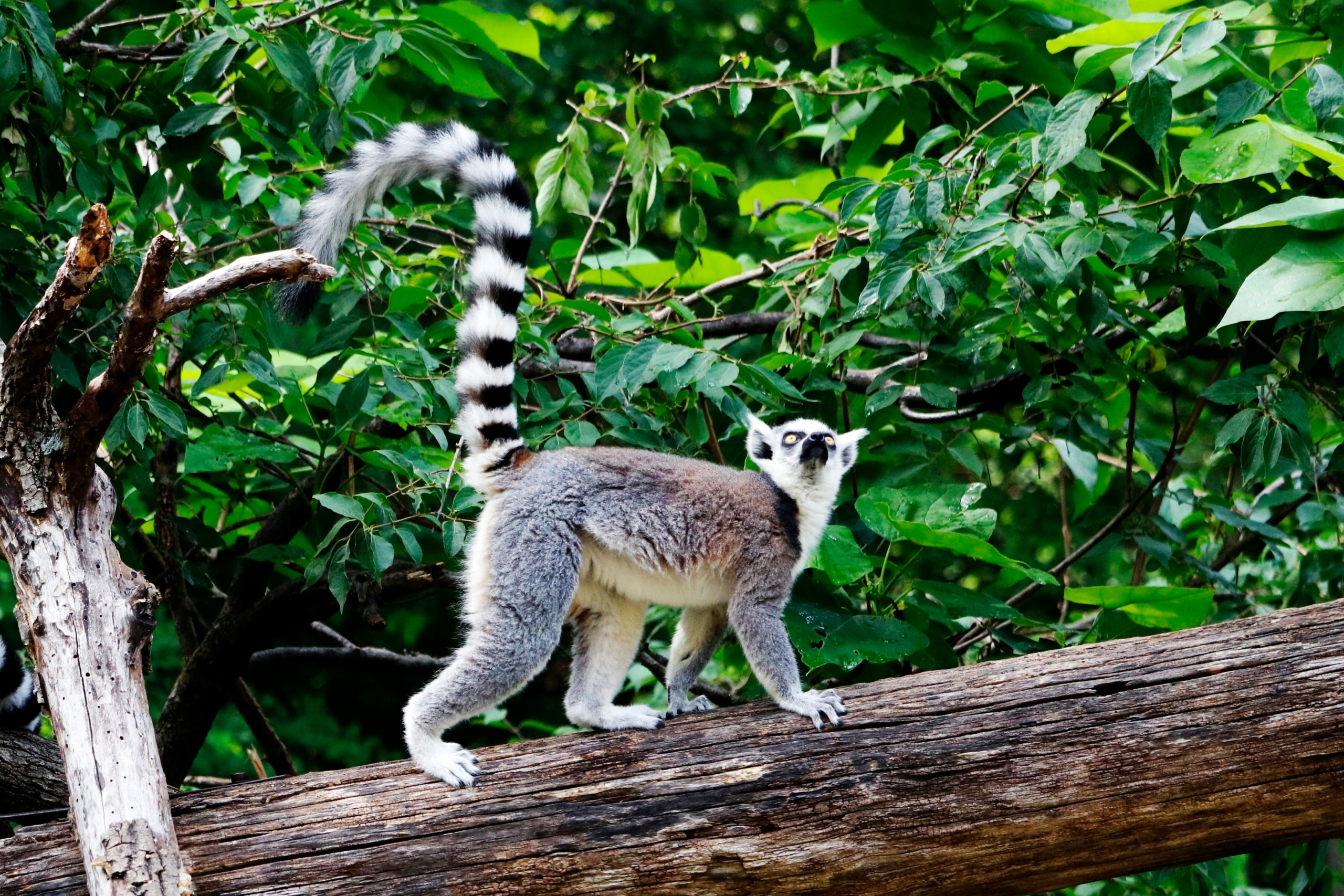

Frontline conservation organisations joined the private sector and law enforcement in South Africa this week in a conference to tackle illegal wildlife trade across the region. Attended by leaders from government, business, law enforcement and NGOs, the two-day event came hot on the heels of recent commitments from the US Treasury to form a United States – South Africa taskforce to ‘follow the money’ and halt the illegal trade in wildlife.
Hosted by United for Wildlife at Timbavati Private Nature Reserve, in partnership with the Global Conservation Corps (GCC) and the Greater Kruger Environmental Protection Foundation, Combatting the Illegal Wildlife Trade in Southern Africa promoted greater engagement and collaboration between non-profit, public and private sectors, highlighting the crucial role they could play in supporting wildlife rangers – Africa’s first line of defence against poachers.
The attendees explored the challenges facing conservation efforts in the region and developed new strategies to address these issues. Speakers included Advocate Xolisile Khanyile, Director of South Africa’s Financial Intelligence Centre; Colonel Johan Jooste, South African Police Service; Advocate Ansie Venter, Director of Mpumalanga Public Prosecutions Office; and Jon Godson, Assistant Director of the International Air Transport Association.
“The illegal trade in wildlife can involve complex combinations of illegal practices, including trafficking, forgery, bribery, violence, the use of shell companies, and other elements that encompass organised crime. Owing to the complexity of the illegal wildlife trade, a diverse response is required in the short, medium and long-term, and at a local, regional and international level.
“I would like to thank United for Wildlife for taking on the challenge and pulling together advanced skills and resources across local and international spaces, and for encouraging the participation and commitment of crucial players in the private sector (like the financial and transport sectors).” – Minister Barbara Creecy, Minister of Forestry, Fisheries and the Environment
“Collaboration is key to protecting our planet’s rich biodiversity from the illegal wildlife trade. By breaking down barriers between rangers, private sector companies, NGOs and law enforcement agencies, we can facilitate the routine sharing of knowledge and information across sectors and between countries. These free-flowing information networks are vital if we are to make tackling wildlife crime business as usual for the private sector. They will also help law enforcement to gather the intelligence they need to make arrests and secure convictions, ultimately supporting rangers in staying one step ahead of poachers on the ground.” – David Fein, Chair of the United for Wildlife Financial Taskforce
In addition to live discussions with subject-matter experts across all facets of wildlife crime, delegates took time to swap their city offices for the bush, gaining first-hand experience of a ranger’s life on the front line of conservation. Rangers led a number of scenario-led demonstrations, including an interactive demonstration showing how rangers, canine units and the aerial wing work together to apprehend suspects on a reserve. A group of delegates also joined rangers to learn the key tracking skills required to monitor and protect elusive and vulnerable local rhino populations.
The conference also included a private screening of the upcoming RHINO MAN documentary about the field rangers who risk their lives every day to protect South Africa’s rhinos from being poached to extinction. The film pays tribute to South African ranger Anton Mzimba, a close colleague of many in the United for Wildlife network, who was tragically killed last year in a suspected hit by criminal syndicates involved in wildlife trafficking.
“Four years ago, Anton and I showed scenes from RHINO MAN at this very same venue. While he is not here today to see the finished product, his passion for conservation and community engagement continues through the legacy, partnerships and relationships he inspired. United for Wildlife’s commitment to shining a light on rangers and long term solutions to tackling the illegal wildlife trade is something he would be immensely proud of.” – Matt Lindenberg, GCC Executive Director
“It is extremely encouraging for our rangers on the frontline, who risk their lives daily to protect the wildlife in this region, to see this level of national and global effort in combatting illegal wildlife crime. Our managers and our rangers are doing a phenomenal job in keeping the rhinos and other wildlife safe, but their relentless efforts need to be matched beyond the boundaries of the protected areas. This event not only brought reassurance of the efforts needed beyond our boundaries, but also laid a firm foundation for closer collaboration between the frontline conservationists and the investigating task forces.” – Sharon Haussmann, CEO of Greater Kruger Environmental Protection Foundation
United for Wildlife is a global network founded by Prince William and The Royal Foundation to combat the illegal wildlife trade. In the last six years since creating its international transport and financial taskforces, United for Wildlife has contributed to over 450 law enforcement cases, over 250 arrests, almost 200 seizures of wildlife products and has trained over 100,000 people. The United for Wildlife network spans the globe increasing deterrents across the entire chain of demand and supply.





